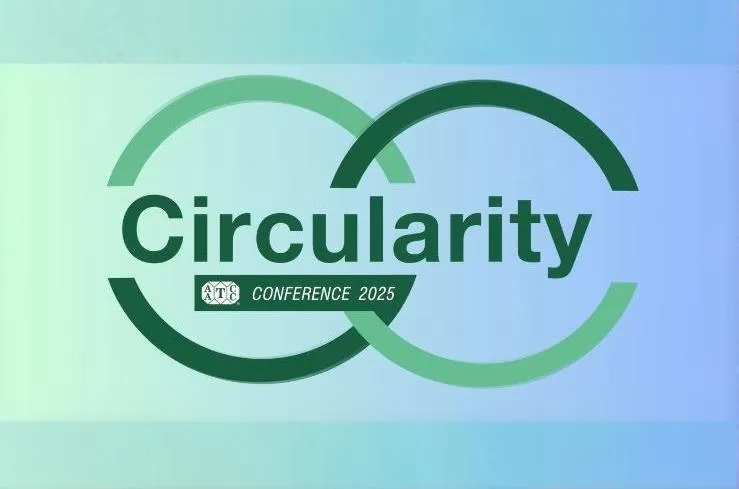Textile Experts to Convene at AATCC Circularity Conference This June
The global textile industry is under increasing pressure to reduce its environmental footprint, and in response, sustainability has taken center stage. One of the most promising strategies to address these environmental challenges is circularity—a model aimed at eliminating waste and maximizing resource efficiency. This June, the American Association of Textile Chemists and Colorists (AATCC) will host its much-anticipated Circularity Conference, bringing together top minds in the textile sector to explore this critical concept in depth.
Scheduled for June 17-18, 2025, the conference will be held at the University of Rhode Island in Kingston, Rhode Island. Chaired by Professor Emeritus Martin Bide, the event promises to deliver a rich program of insights, innovations, and strategies designed to help the textile industry transition to a more sustainable and circular model.
One of the key highlights of the conference will be the opening keynote address by David Hinks, Dean of the Wilson College of Textiles at North Carolina State University. His presentation will set the tone for two intensive days of dialogue, debate, and discovery, aimed at shaping the future of sustainable textile manufacturing.
The conference will feature over 15 expert speakers across four thematic sessions: Regulations, Sustainable Materials, Sustainable Manufacturing, and the Circular Economy. These sessions are designed to provide a 360-degree view of the challenges and opportunities that lie ahead, while offering practical pathways for companies, policymakers, and researchers to make real progress.
Participants will also benefit from a networking reception at the end of the first day, which will include tabletop displays showcasing new products, solutions, and research. This networking event will offer attendees a chance to connect directly with speakers, peers, and innovators from across the textile industry.
The Circularity Conference is not an isolated event but part of AATCC’s broader 2025 sustainability event series, which has already made a significant impact. Just last month, the PFAS in Textiles Conference held in Raleigh, North Carolina (April 24-25), brought together a diverse mix of stakeholders—including manufacturers, environmental experts, and government officials. Discussions at this conference revolved around per- and polyfluoroalkyl substances (PFAS), which have come under increased scrutiny due to their environmental persistence and health risks. Attendees praised the event for fostering rare but essential conversations between parties that don’t often share the same platform. Many left with actionable ideas for more responsible management of PFAS in textile applications.
Earlier in May, AATCC also hosted a digital learning session focused on comparing the environmental impacts of cotton and rayon. Delivered by Assistant Professor Renée Lamb of Virginia Commonwealth University on May 19, the session provided a deep dive into the trade-offs between natural and man-made cellulosic fibers. It explored concerns about microplastics, the environmental toll of fiber processing, and how these factors influence consumer perceptions and brand decisions. These insights form an important backdrop for the upcoming Circularity Conference, where such topics will be developed even further.
Through these events, AATCC is building a comprehensive, collaborative approach to tackling the textile industry’s sustainability challenges. The organization is not just promoting awareness but actively driving the industry forward with education, dialogue, and actionable frameworks.
The Circularity Conference is expected to be a defining moment in the sustainability journey of the textile sector. With registration closing soon, professionals across the textile value chain are urged to secure their spots before the early registration deadline on June 3, 2025.
This is more than just another industry event—it’s a platform for real change. By attending, textile professionals will gain not only knowledge but also access to a network of committed leaders, innovators, and changemakers who are determined to redefine what sustainable textile production looks like in the coming decades.
